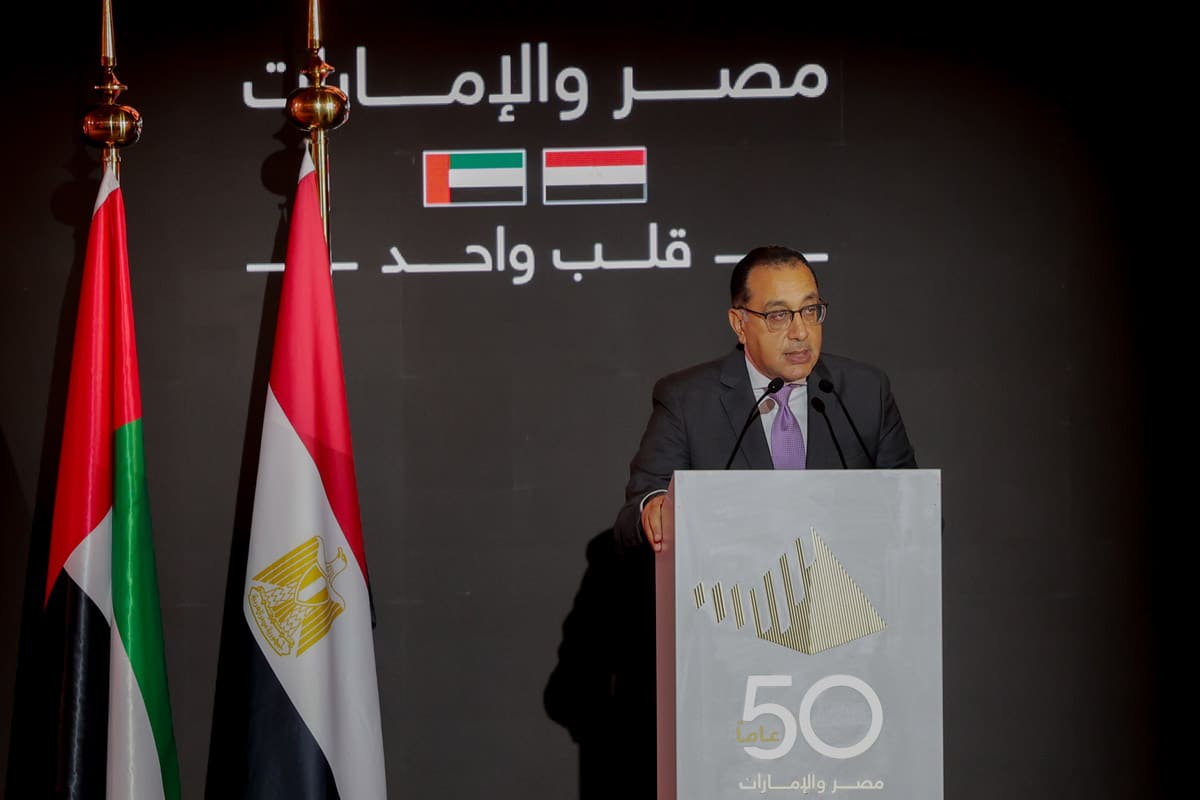The United Arab Emirates (UAE) delivered a significant financial boost to Egypt this week, finalizing a second payment of $14 billion towards the development of the Ras al-Hikma peninsula. This latest infusion brings the total investment committed by Abu Dhabi's sovereign wealth fund, ADQ, to $19 billion, part of a landmark $35 billion deal signed earlier.
The Ras al-Hikma project encompasses the development of a 200-kilometer stretch of coastline west of Alexandria, aiming to transform the area into a major tourism and trade hub. The ambitious project is expected to attract significant foreign investment, create jobs, and contribute to Egypt's economic diversification efforts.
The windfall from the UAE comes at a critical time for Egypt's economy, which has been grappling with a foreign currency shortage and rising inflation. The initial $5 billion tranche received in February provided much-needed relief, helping to stabilize the Egyptian pound and shore up Egypt's Central Bank reserves.
The UAE's financial commitment extends beyond the headline figures. In addition to the direct investments, Egypt and the UAE are working together to convert a $6 billion Emirati deposit at the Egyptian Central Bank into Egyptian pounds. This currency swap will further bolster Egypt's foreign exchange reserves and strengthen the domestic financial system.
The deepening economic ties between Egypt and the UAE reflect a broader strategic partnership between the two nations. The UAE has emerged as a key political and economic ally for Egypt, providing significant support during times of challenge.
The Ras al-Hikma project is a linchpin in this growing partnership. The successful development of the area has the potential to unlock significant economic benefits for both countries, fostering increased trade, tourism, and investment flows.
While the full impact of the project remains to be seen, the initial financial injections have already provided a much-needed shot in the arm for the Egyptian economy. The project's long-term success will depend on attracting further investment and ensuring its execution aligns with Egypt's wider development goals.

